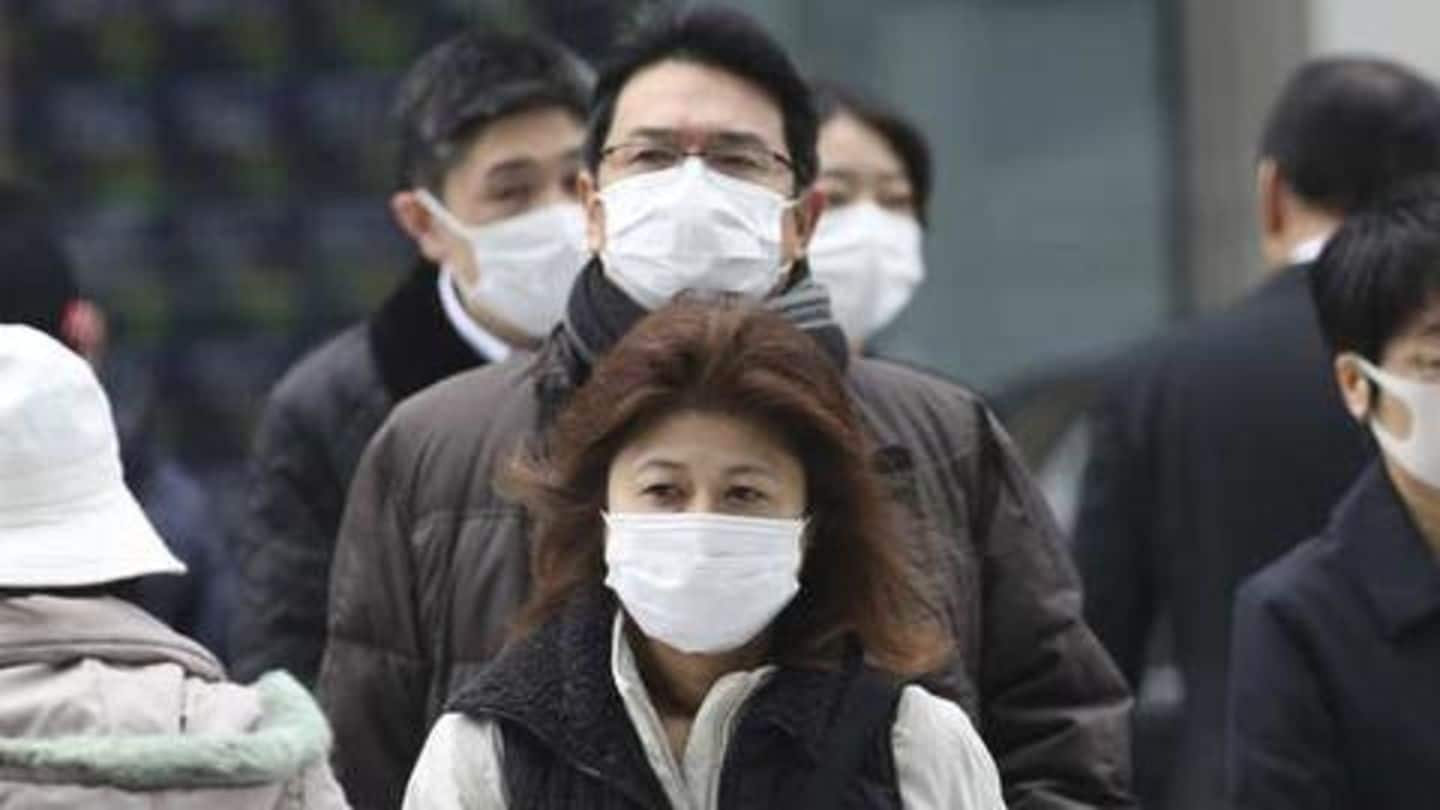
Here's how you can protect yourself from coronavirus
What's the story
Coronaviruses are a large family of viruses, that can cause diseases ranging from common cold to Middle East Respiratory Syndrome (MERS) and Severe Acute Respiratory Syndrome (SARS). At the time of writing, some 2,250 deaths have been recorded due to coronavirus outbreak around the world. Here are some basic measures you can take to protect yourself from the risk of coronavirus.
#1
Wash your hands frequently
Wash your hands frequently with soap or use an alcohol-based hand sanitizer. Make sure to keep a small bottle of hand sanitizer in your bag before going out, so that you can use it in the absence of water. Further, remember to eat only after cleaning your hands thoroughly. This will prevent the entry of any virus into your body.
#2
Do not touch your eyes, mouth or nose
It is advisable not to touch your eyes, mouth or nose with your hands. We say so because our hands touch many surfaces, some of which may be contaminated with viruses, and in case we touch our eyes, mouth or nose with contaminated hands, we may increase our risk of getting the infection. Remember that these can be easy entry points for viruses.
#3
Maintain distance
It is important to maintain a distance of about 1 meter or 3ft from the people around you, especially the ones who are coughing, sneezing or appear sick. While coughing or sneezing, people emit viruses as small droplets, which might infect you, if you are physically close to them. It shall also help protect other people, in case you are infected.
#4
Avoid eating raw or under-cooked animal products
Since animals are a primary source of these viruses, consumption of animal products is a precarious matter. Be extremely particular about cleaning your hands after contact with stale animal products or sick animals. Also, avoid visiting animal markets because they are exposed to infection and contaminated waste.
Information
If you have fever, cold, breathing problem, see a doctor
If you have recently been in an area that is exposed to the coronavirus outbreak, talk to your doctor. Further, if you feel symptoms such as common cold, coughing, sneezing, fever, or difficulty in breathing, see your doctor as soon as possible.